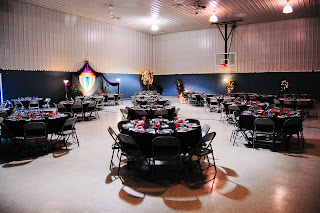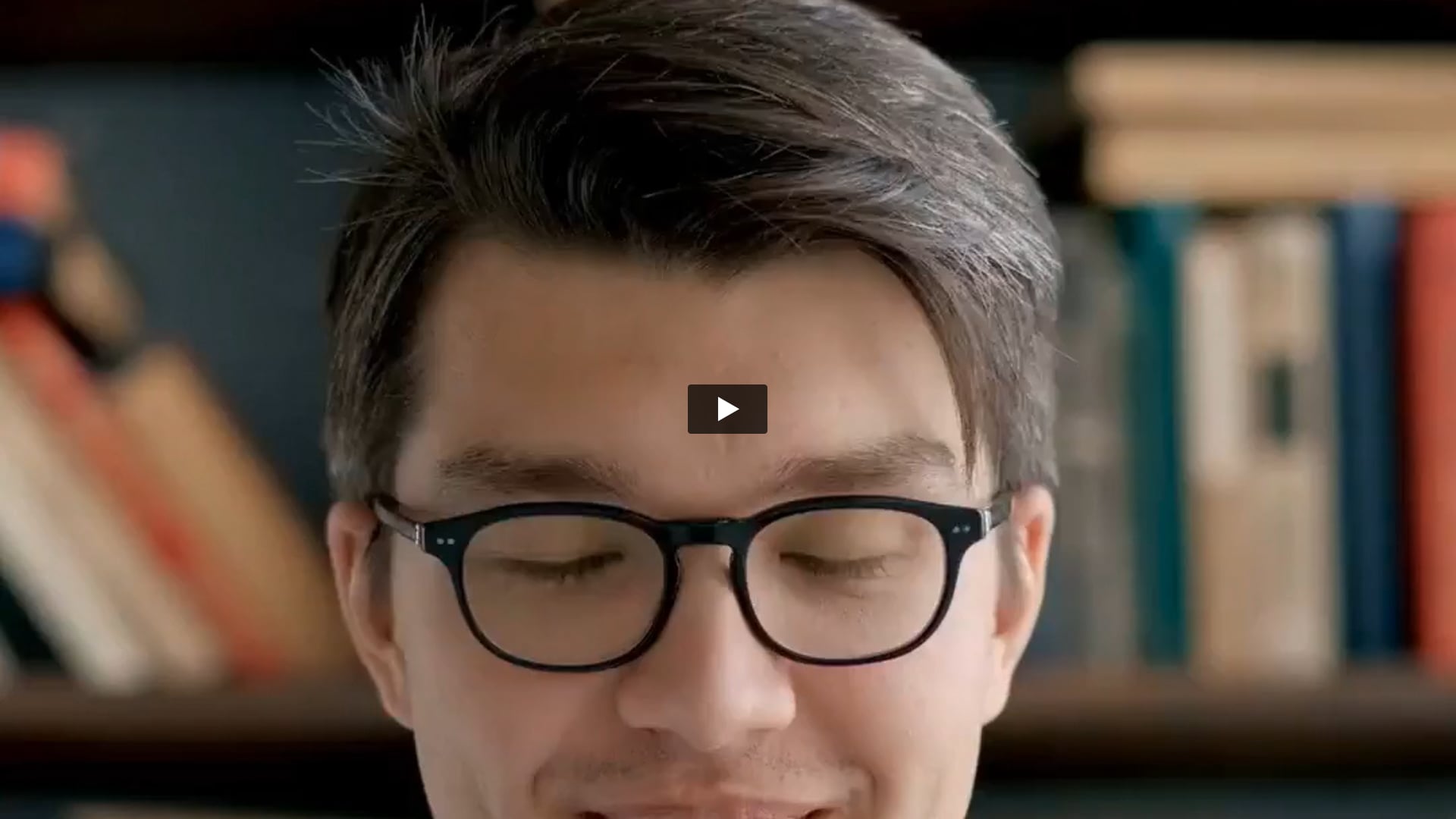I am posting this, from my book, for two friends.
Remember that one of progressive Christianity’s beliefs is
that beliefs are really not that important. A belief is a statement that is
either true or false. Such as, It is raining where I live. (Happens to be
true!) Or, Hail the size of watermelons is falling where I live. (Happens to be
false!)
Every statement houses a belief. Did Jesus have beliefs?
Yes. Did Jesus think beliefs are important? Of course. To many progressive
Christians, what we believe about Jesus is not what counts. Indeed, to the
progressive Christian, Jesus is someone we know very little about.
Remember how, in the last chapter, Colby Martin seemed
mostly incapable of saying anything about God? Apply this now to Jesus. This is
postmodern skepticism enthroned in progressive Christianity.
Jesus, on the other hand, made all kinds of
belief-statements about himself, about his disciples, about the Pharisees,
about morality (see Richard Hays, The Moral Vision of Jesus), and about me and
you. Progressive Christians seem interested in Jesus, even though they are
skeptical about having beliefs about Jesus. And yet, Jesus has beliefs about
himself. Look at what Jesus is up to, in Matthew 16:13-16, when he asks Peter
an identity question, a credal question. About himself!
13 When Jesus came to the region of Caesarea Philippi,
he asked his disciples, “Who do people say the Son of Man is?”
14 They replied, “Some say John the
Baptist; others say Elijah; and still others, Jeremiah or one of the
prophets.”
15 “But what about you?” he
asked. “Who do you say I am?”
16 Simon Peter answered, “You are the
Messiah, the Son of the living God.”
17 Jesus replied, “Blessed are you,
Simon son of Jonah, for this was not revealed to you by flesh and
blood, but by my Father in heaven.
It sure looks like Peter got it right. But not so, says
Colby Martin. Here is Martin's postmodern interpretation of what he thinks
is really going on here. Note that Martin believes he has the correct belief
about this passage, which is a progressivist no-no. He claims that Jesus did
not tell Peter that he answered correctly. That, says Martin, wasn't the point of
Jesus' question. If that wasn't the point, what was it? Martin writes, "Upon hearing Peter’s belief that Jesus
was the Christ, Jesus said, “Happy are you . . . because no human has shown
this to you.”" According to Martin Jesus wasn't looking for orthodoxical
accuracy. Instead, Jesus is thrilled that Peter came up with his answer on his
own. (See The Shift, pp. 66-67).
Jesus didn’t affirm that Peter got the answer right? There
are two "Yeses" here. Yes, Peter got the answer right. Yes, Jesus
affirmed this. No human has told Peter
the correct answer? That’s true.
Peter said, "You are the Messiah, the Son of the
living God!" Correct. But, according to Martin, that's not the
point. Martin believes Jesus doesn't care if Peter is correct or not.
Martin claims all that Jesus cared about is this: "Peter! You arrived at
this conclusion on your own! The conviction in your heart - that came from inside
you! Yay! You be you!"
But what about the line in the text that says, "my
Father in heaven" has revealed this to Peter? Martin writes:
"When Jesus says, “my Father who is in heaven has
shown you,” he’s naming that the conviction in Peter’s heart and mind—that Jesus
was the Christ—came from within him."" [To begin to make some sense of Martin's objective claim, see below.**]
Yikes.
No, he’s not. The correct answer Peter gave about who Jesus
is came from outside of him. Martin is saying that this conviction of
Peter's didn't really come from the Father, who is in heaven? Wow. Now I
am thinking of New Age theologies, where Jesus becomes an ever-evolving
Rohrshach test. One wonders if even God got it right at Jesus' baptism,
when God said, “This is my beloved Son.” That’s a belief God has, right? That’s
an identity statement, worthy of being carved into a creed. Martin gives us a postmodern Jesus, a
“whatever-you-want-Jesus-to-be Christology.” Look at how he concludes his
chapter on "Who Is Jesus?"
"In seeing the full humanity in Jesus, we wake up to
the full humanity in us. Fully loved by God, just like Jesus.
“Who do you say that I am?” Jesus asks.
We reply, “You are the human one, the loved child of
God.”
Jesus smiles and says, “And so are you. How great is
that?””
Welcome to Room B. There is so much bad Christological
reasoning going on here that it’s hard to know where to begin. I could never
identify with progressive Christianity if Martin is representative of it. I
cannot help thinking of an imaginary dialogue that goes like this.
Jesus: "Who do you say that I am? Remember, you don't
have to get this right. All that counts is that it comes from you."
Me: "You are a waffle chicken sandwich."
Jesus: "And so are you. How great is that?" (“How
authentic!”)
Can we know who Jesus is? We can. Imagine how weird it
would be to say, “I don’t really know who Jesus is, but I am one of his
followers.” Can we ask the question, Who is Jesus? Yes, of course, we can.
Piippo, John. Deconstructing Progressive Christianity (pp.
92-95). Kindle Edition.
**
Martin claims that God does not "exist," but instead "insists." God is an insisting force that calls people to action. God is this strange "force," but is not some object external to us who relate to God as subjects. (See Martin, The Shift, p. 48).
And Jesus? Martin writes: "Jesus desired that people trust him, more so than trust in him." (The Shift, pp. 57-58) Note how and why Martin devalues trusting "in him." It's because the postmodern idea is that we cannot really know objective reality, to include who Jesus is. And if we cannot know who Jesus is, then it's not important to trust in this unknown figure.
Martin here confesses his indebtedness to the philosophical theologian Paul Tillich.
Martin: “God does not exist in the sense that God is an object, separate from you and me. God is that which insists humanity show up for justice and mercy... To speak of God as Event is to say that God is what happens when grace emerges.” (Ib., p. 49)
Piippo, John. Deconstructing Progressive Christianity (pp. 80-81). Kindle Edition.
To Martin, a la Tillich, God is not some independently existing object outside of us. In famous Tillichian fashion, God is "Ground of Being."
If there is no God outside us who addresses us as subjects, then God as some external "Father in heaven" did not reveal this to Peter. Which is, as is Tillich's God as Ground of Being, heretical. Because profoundly unbiblical.
For more detail see chapters six and seven of my Deconstructing book.









